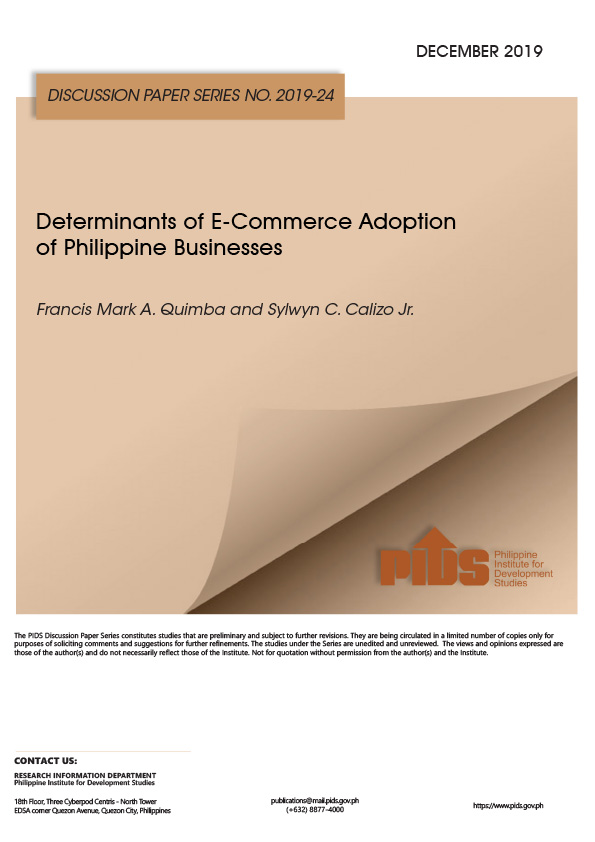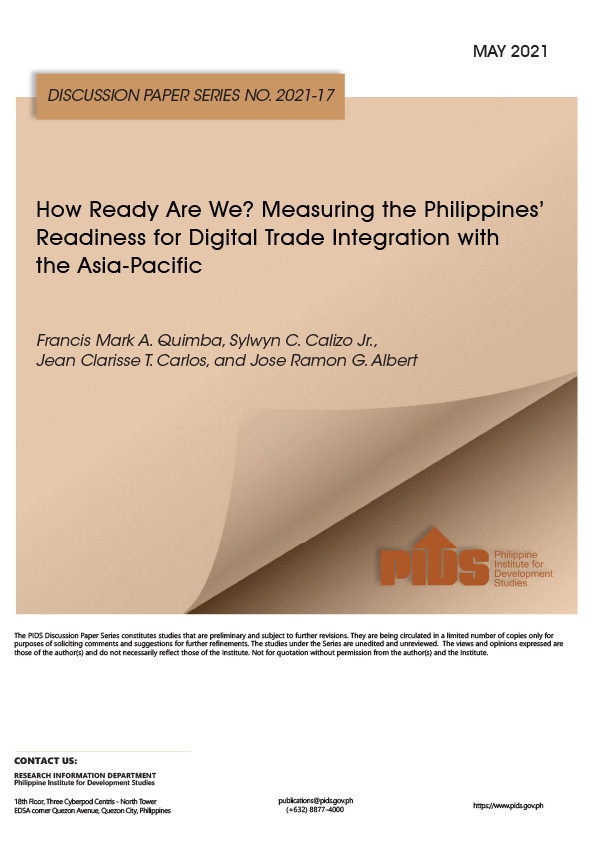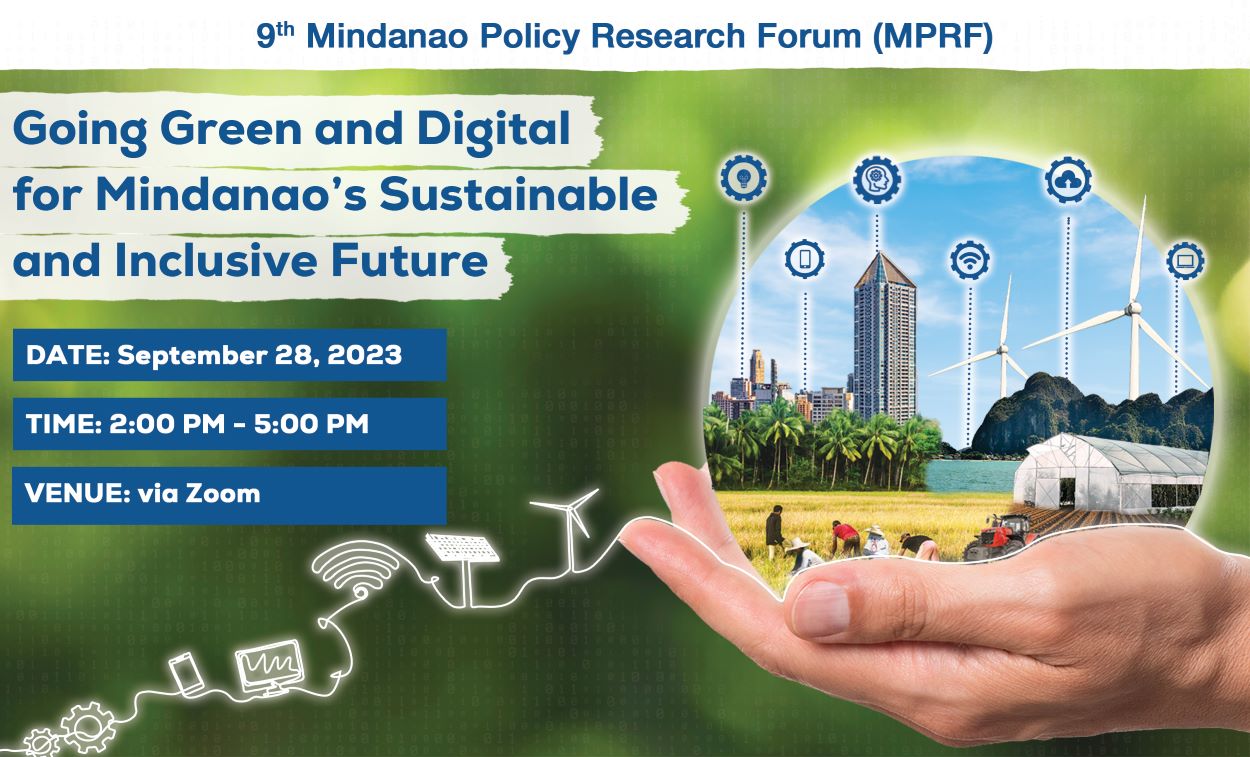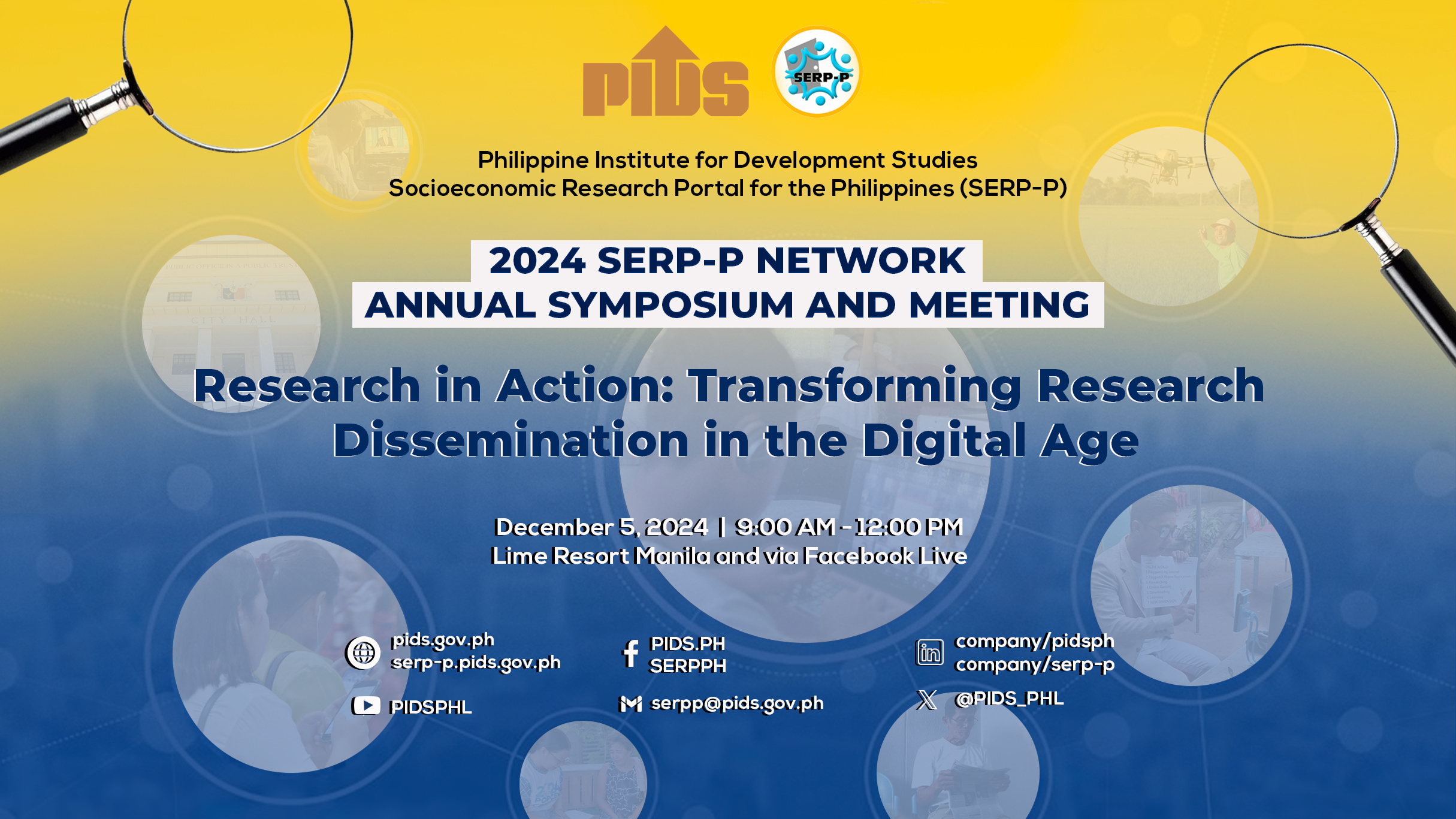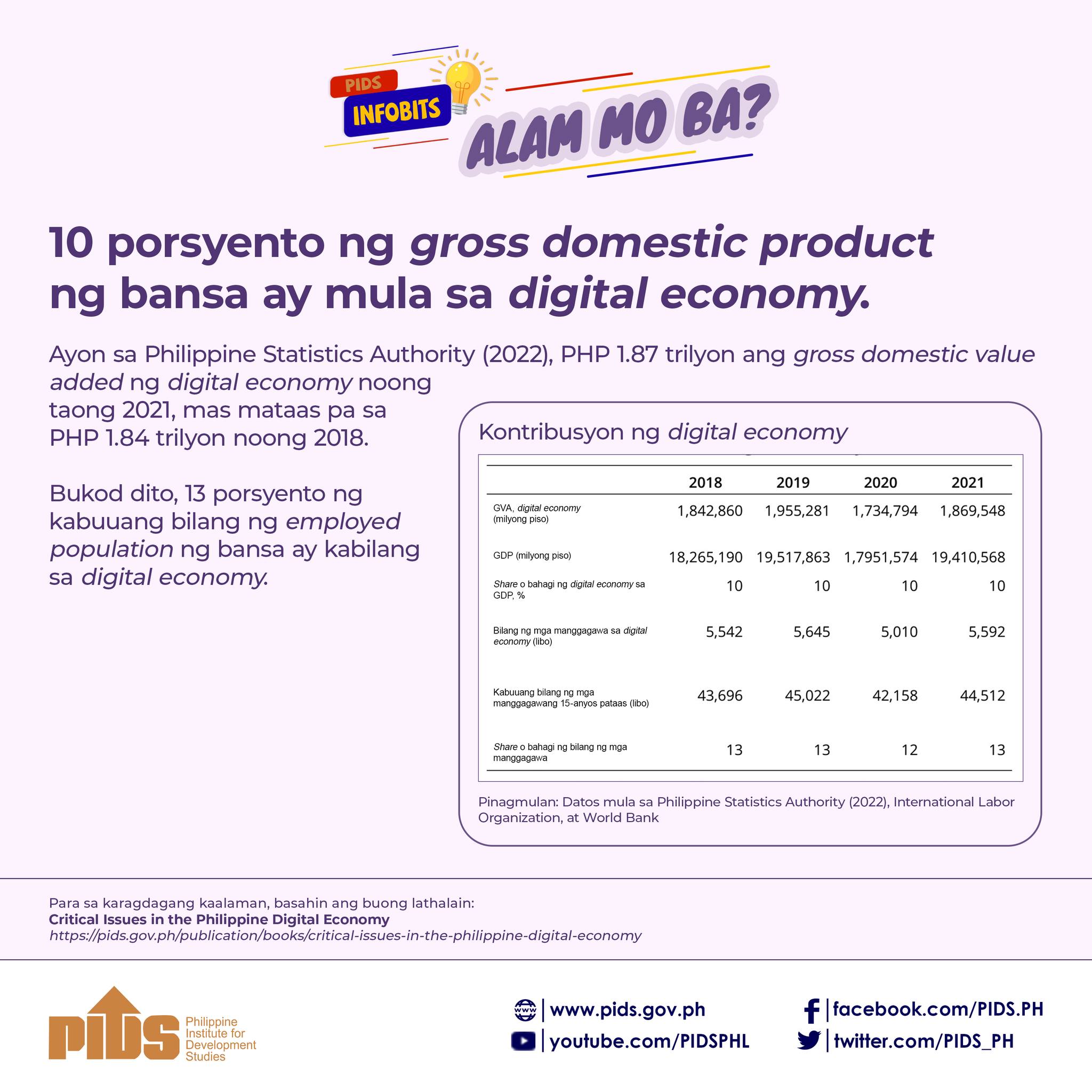Digital economy is beneficial, but it must be regulated. According to Philippine Institute for Development Studies (PIDS) President Gilberto Llanto, the digital economy is “arguably changing the landscapes of job, product, and service markets.” <br/ ><br/ > “Digitization, big data, advanced analytics and disruptive technologies interacting in a variety of ways are creating new waves of innovation, productivity, and growth in a manner that has not been seen before,” he said at the launch of the Regional Inclusive Growth Project Consumer Unity and Trust Society (CUTS), a joint project of PIDS and CUTS International. The event was held at the PIDS Office in Quezon City.<br/ ><br/ >Citing significant benefits of digital economy, Llanto said governments are using digital infrastructure to improve the delivery of public services such as health and education, among others, making these more inclusive.<br/ ><br/ >“The business sector, such as financial-technology firms, are also taking advantage of digital tools and systems in competing with traditional brick-and-mortar private lending institutions to provide financial products and services to those who have been financially excluded, especially those in the rural areas,” he added.<br/ ><br/ >Llanto also emphasized that the shift to online trade and services has resulted to quick response to varying consumer preferences in terms of product or service availability, quality and affordability.<br/ ><br/ >“For instance, the retail sector has successfully used digital technologies to create effective database management systems, client-server platforms, enterprise planning software, computerized management tools for inventory, and product and services delivery. These all contribute to improve the efficiency of businesses and their ability to cope with the growing demands of consumers,” Llanto explained.<br/ ><br/ >According to him, online shops, such as Lazada, and ride-hailing services in the Philippines have also responded well to consumer demands by using disruptive technologies, which connect buyers/consumers and sellers/providers efficiently in the goods and services markets<br/ ><br/ >But along with the benefits of digitization are the challenges posed by cybersecurity, data and privacy breaches, cyber bullying, assignment of liability and a host of other challenges.
Regulations are key to unlock optimal benefits of digital economy—PIDS
BusinessMirror

